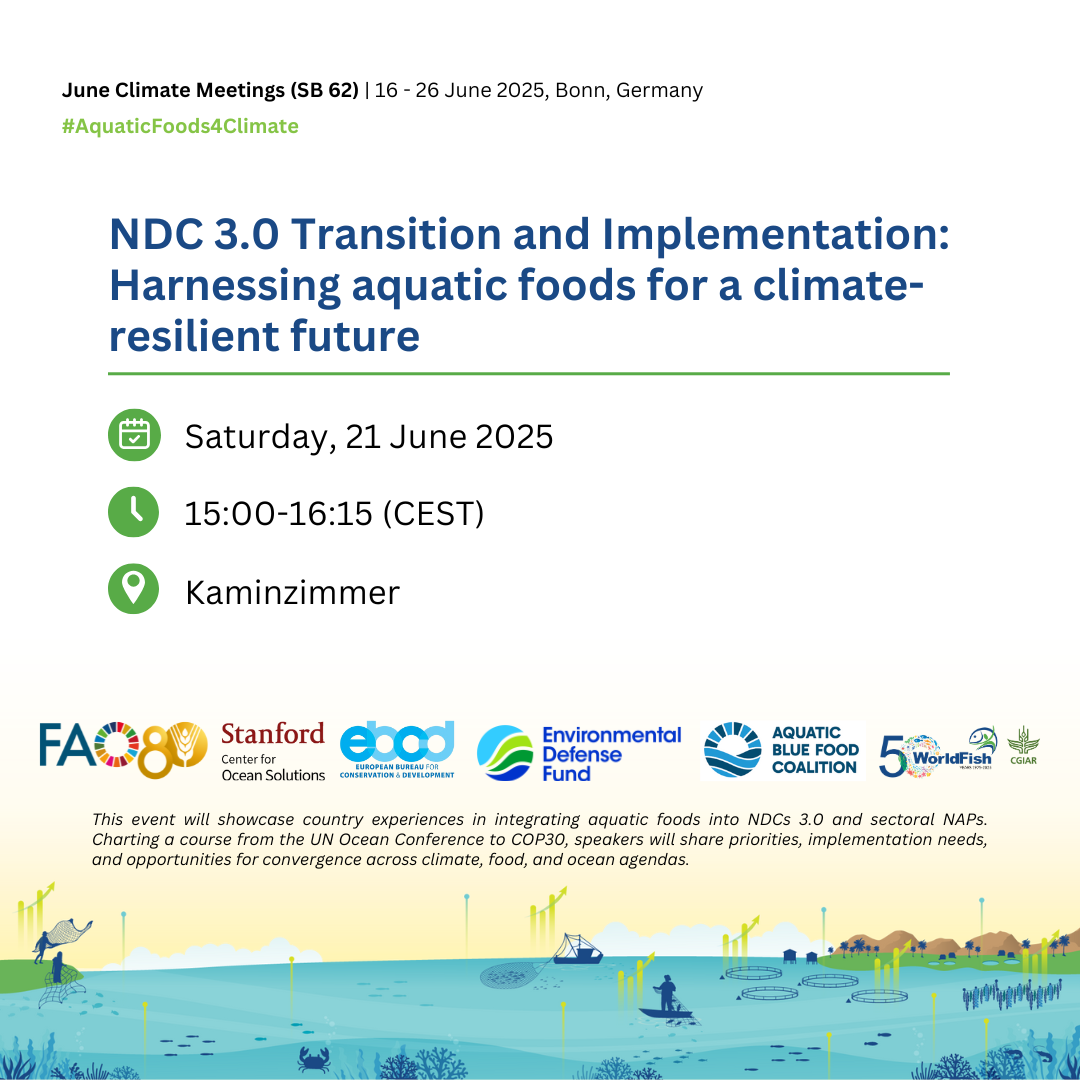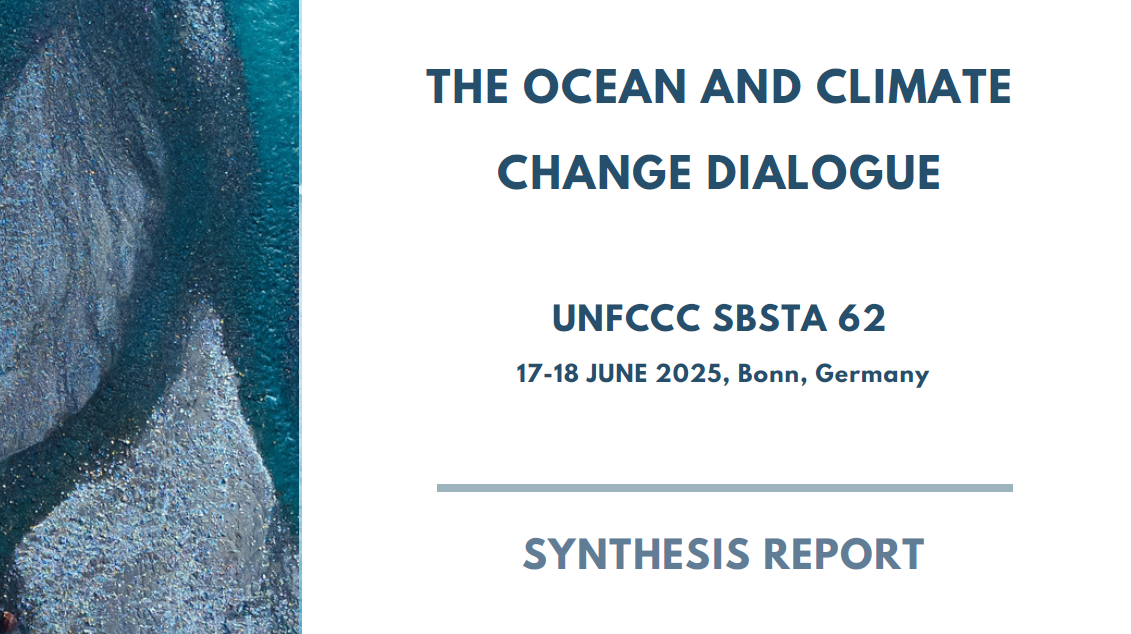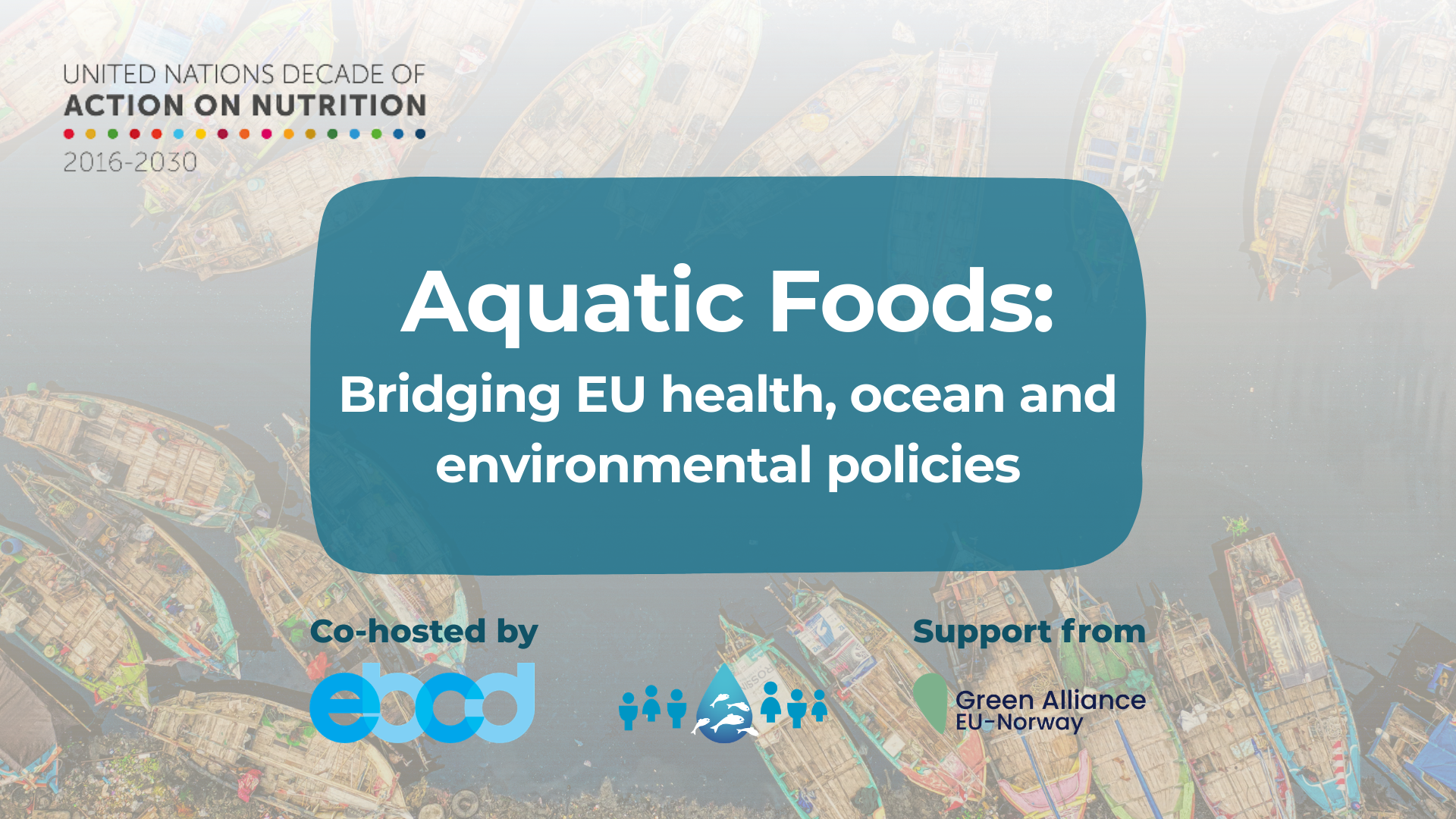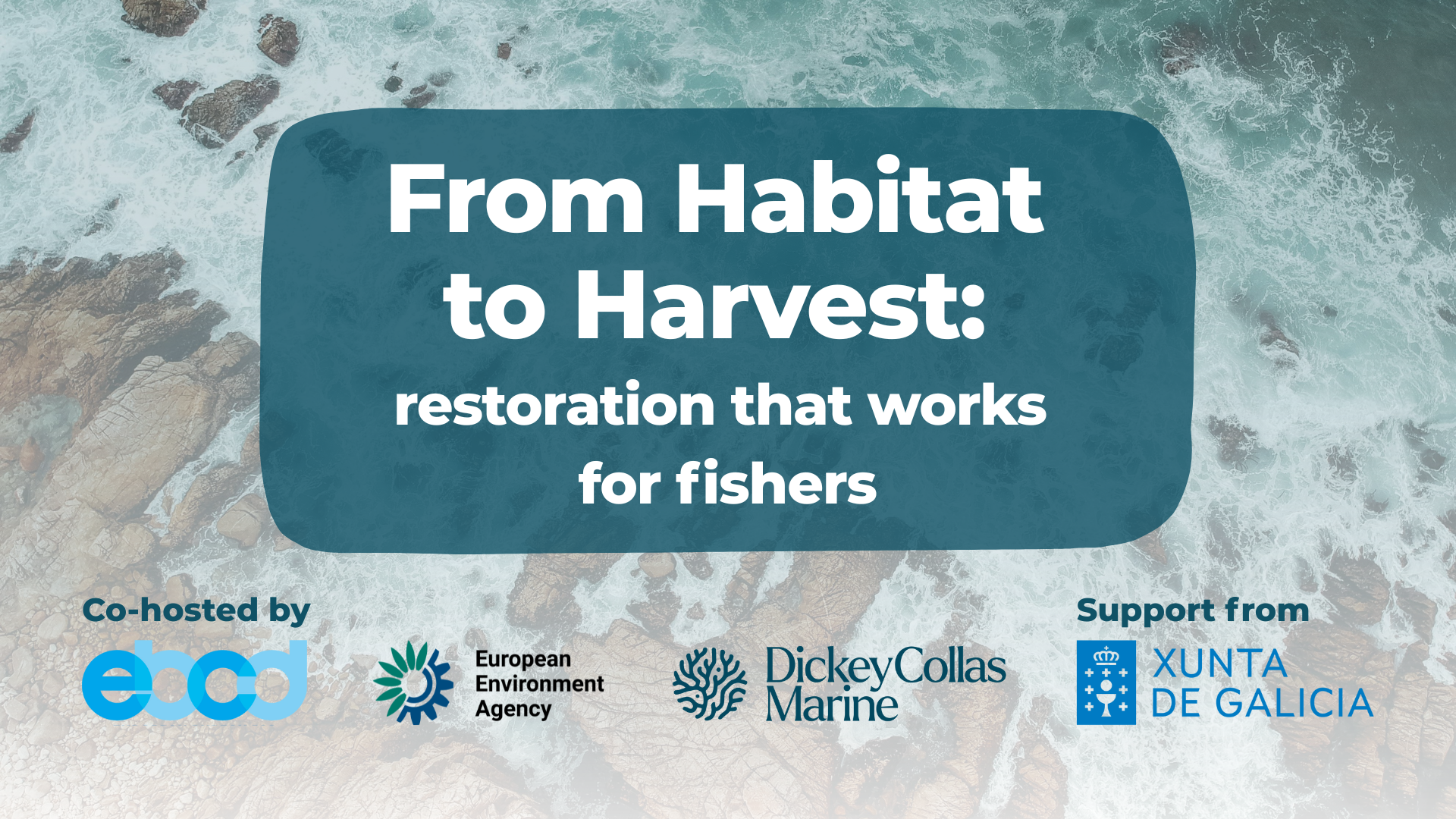EBCD at the 2025 Ocean & Climate Change Dialogue
As 2025 marks the 10-year anniversary of the Paris Agreement, expectations for concrete climate action are high going into this year’s UN Climate Conference (UNFCCC COP 30) in Belém, Brazil. Although the Conference is only convening later in November (10 – 21 November), fierce negotiations are already underway: the Convention’s intersessional Subsidiary Bodies met in Bonn between 16 and 26 June to advance on issues related to climate finance, technology transfer, and capacity building. With ‘implementation’ coined the theme of the meeting, delegates strived to move from commitments to action.
In this regard, the 2025 Ocean & Climate Change Dialogue, now an annual occurrence, led by example: bringing together government delegates and observers to provide concrete examples of ocean-based climate adaptation and mitigation measures. EBCD played a central role in this year’s Dialogue, with Maximilian Schwarz acting as rapporteur for a breakout session identifying pathways to bring ocean action into countries Nationally Determined Contributions (NDCs) – their plans to reduce greenhouse gas emissions and adapt to the impacts of climate change.
Participants of the breakout session underscored the importance of balancing environmental protection, economic resilience, and social equity. Calls were made for more climate-smart fisheries, participatory marine spatial planning, and co-designed conservation measures. However, capacity constraints, data gaps (especially on natural oceanic carbon stores), and the high cost of transitions came up as key hurdles. Tackling ways to address finance challenges, participants suggested pursuing a dedicated “blue finance window” within the UNFCCC framework. Many also urged for the establishment of mechanisms to feed the outcomes of the Dialogue more directly into broader UNFCCC processes.
The full synthesis report of the Dialogue, prepared by the Ocean & Climate Platform and edited by EBCD and several other partners, can be found below.
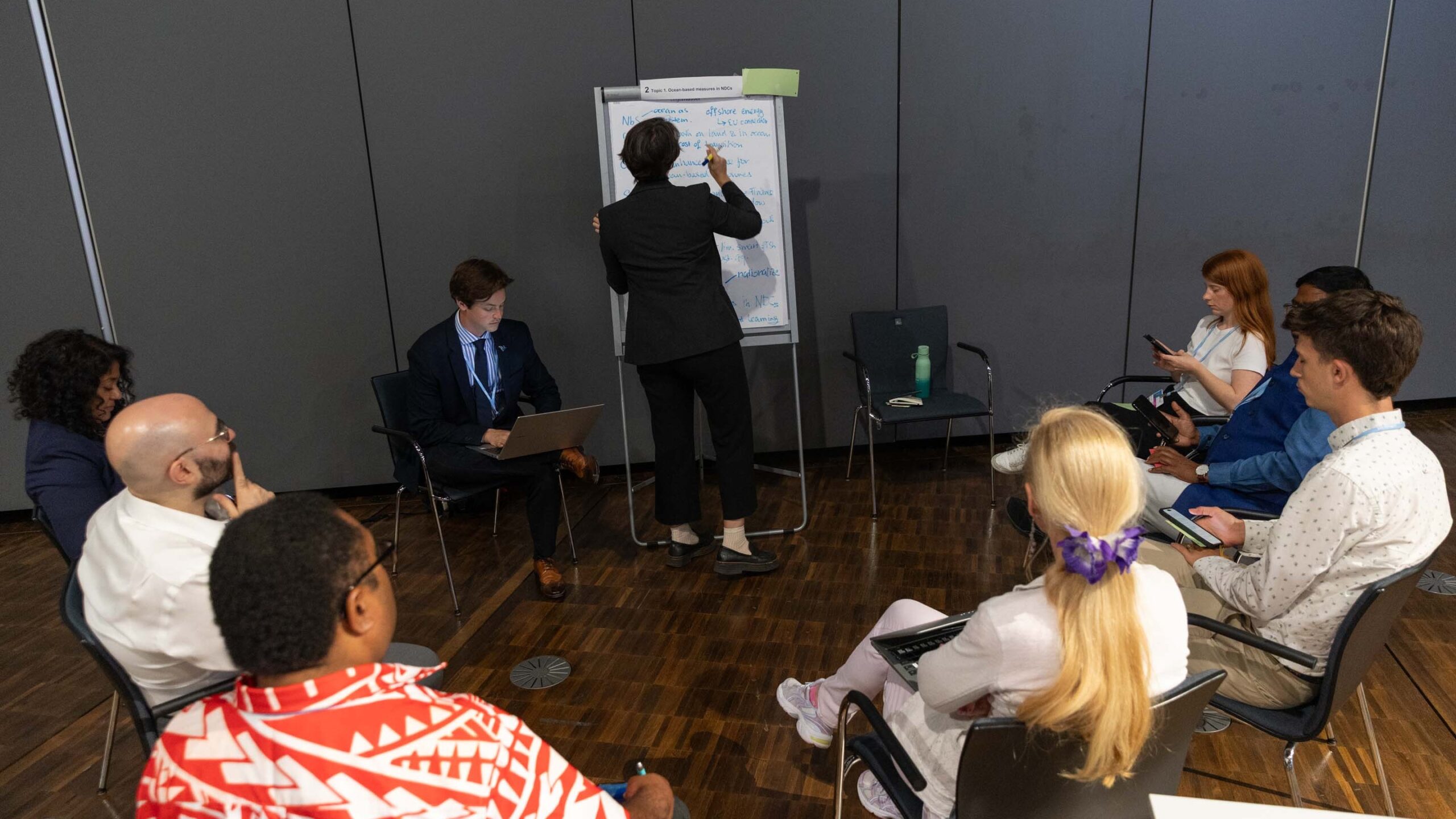
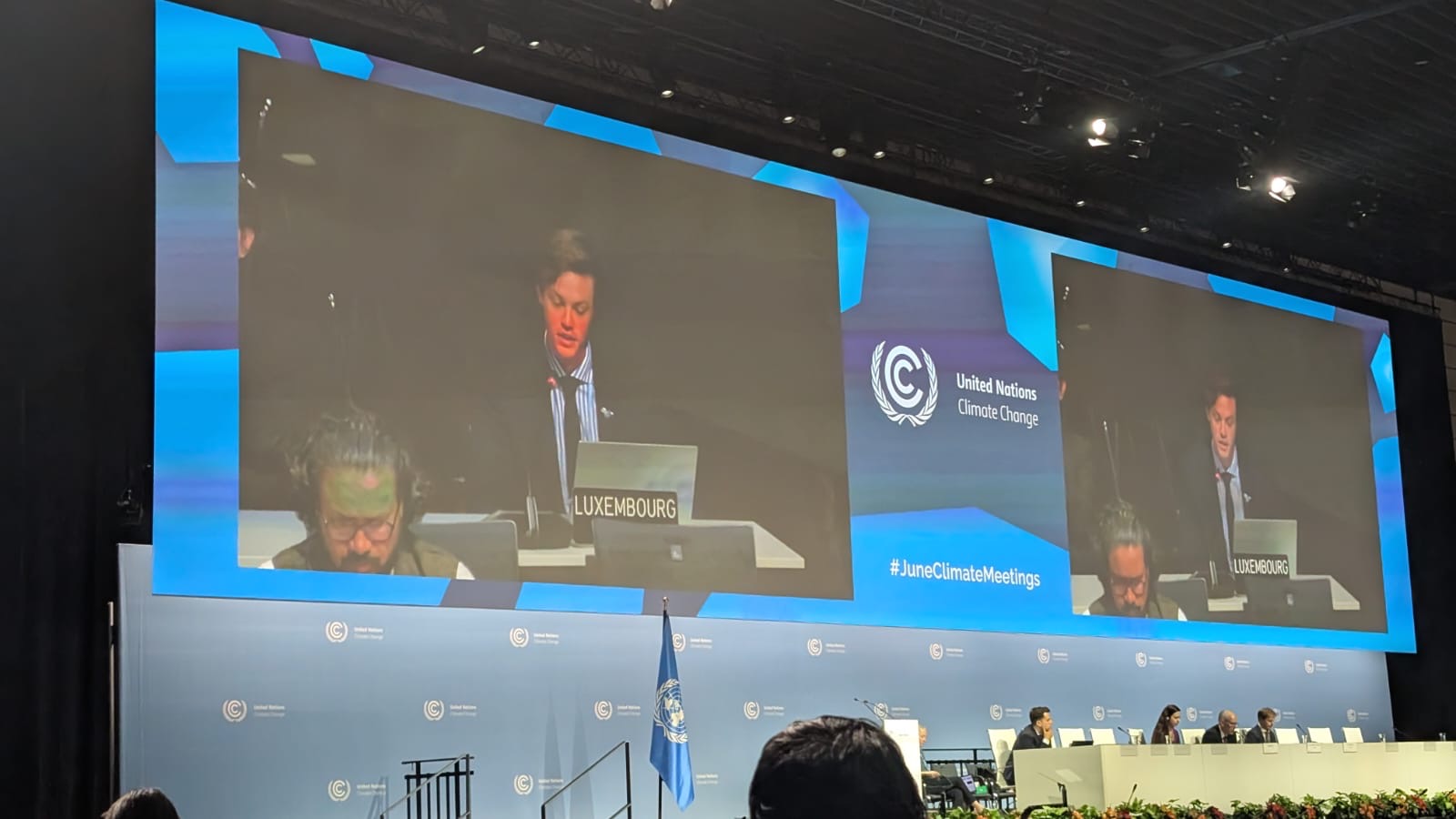
Aquatic Foods at SB62
Sustainable consumption and production practices were identified as central to achieving tangible climate outcomes across the ocean economy and ecosystem. EBCD will continue to push for the inclusion of aquatic foods in the climate space and is working to ensure that fisheries and aquaculture are recognised as important players in climate adaptation and mitigation strategies.
In this regard, EBCD co-hosted a side-event in Bonn on “NDC 3.0 transition and implementation: Harnessing aquatic foods for a climate-resilient future” where we heard from countries about their aquatic blue food priorities, opportunities, and implementation needs, as well as how they are making convergences across climate, food, and ocean agendas.
